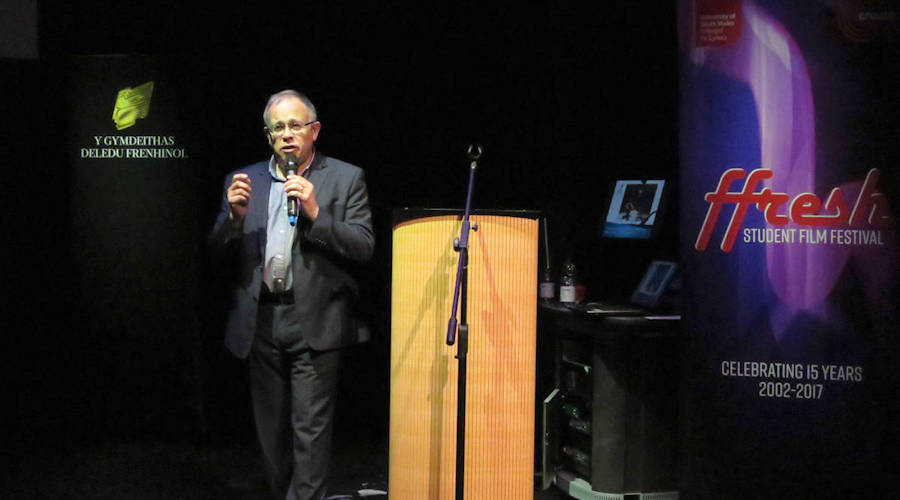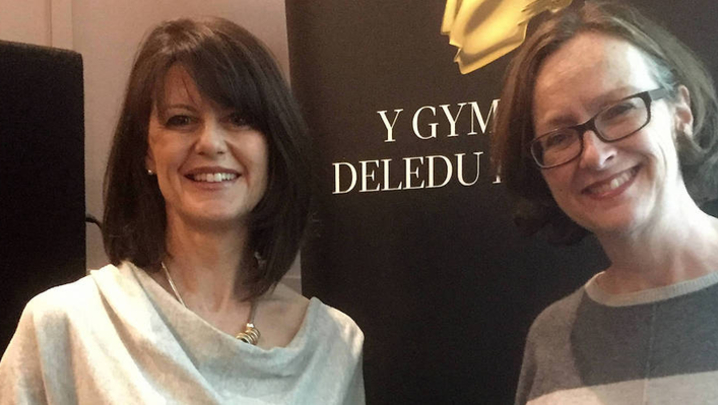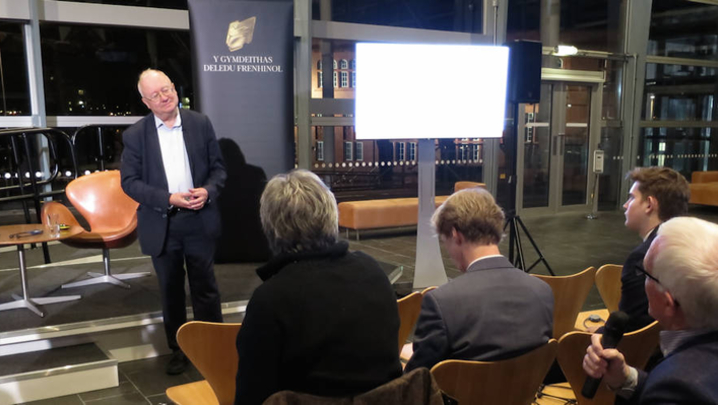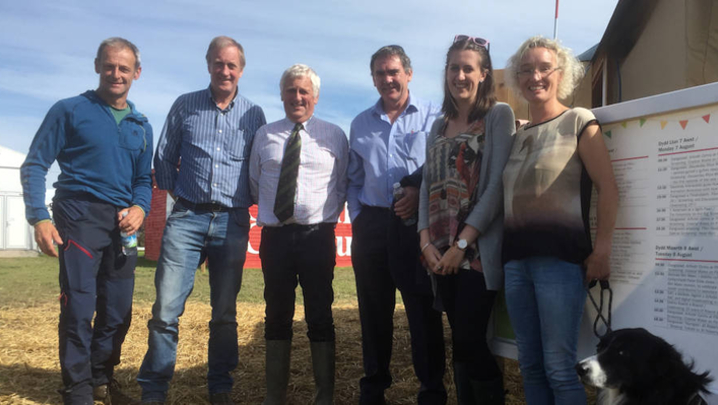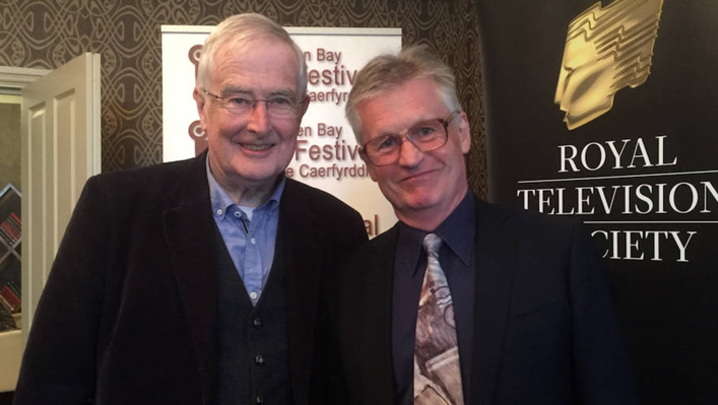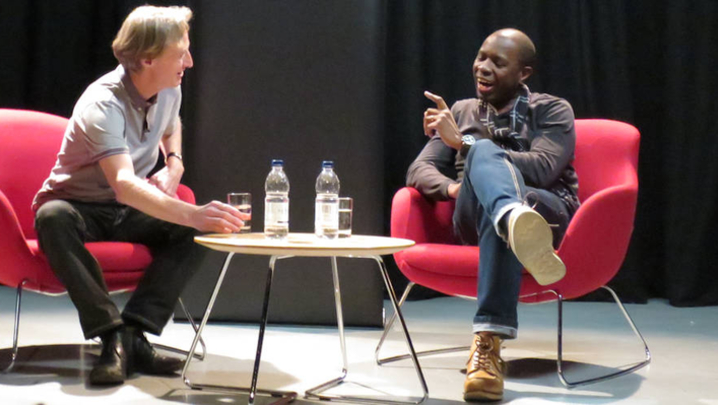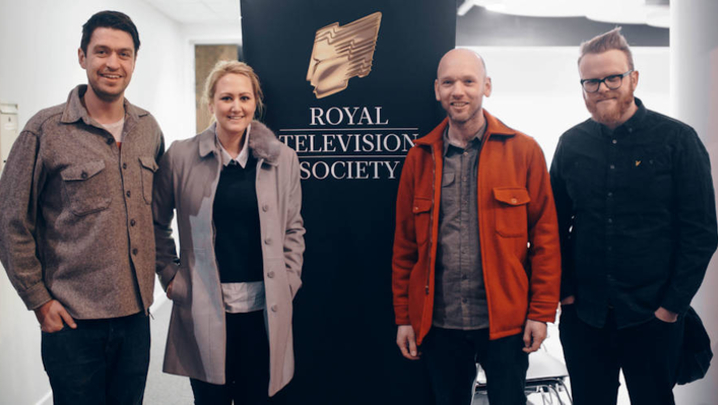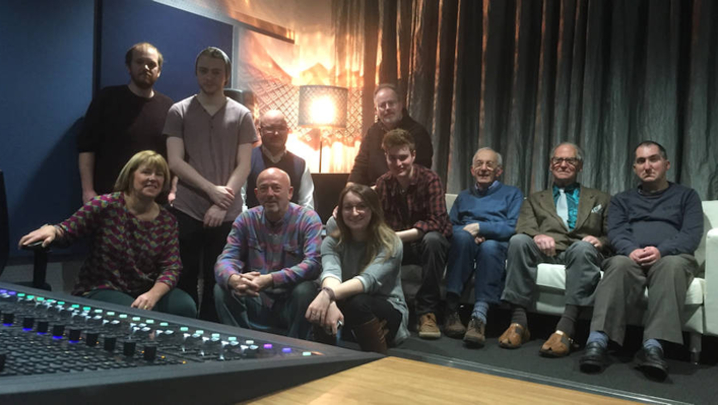In his opening remarks, Hywel Wiliam, RTS Wales Centre Administrator, suggested that, "fake news is either an attempt to influence the political agenda, or marketing, designed to drive traffic to a web site for a profit, or of course it could possibly be both".
Speaking at the ffresh Student Film Festival in Cardiff on the 3rd May, he described the challenges facing broadcasters and content providers, quoting BBC Journalist Clive Myrie, recently interviewed at an RTS Wales event, who commented that, "you have to be forthright and call out what might be a lie".
Wiliam, who is a broadcasting consultant, also revealed a darker side to fake news, with clips from US TV coverage of 'pizzagate' in which a man, believing a fake news story that Hillary Clinton and her aides were running a child sex ring out of a Washington D.C. pizzeria, entered the restaurant and fired a gun. No one was injured, but the incident showed how a false story, supposedly based on emails found on the laptop of a Democrat politician, and spread on social media, could, as Clinton suggested, have “real world consequences”.
In response to fake news stories on social media, Facebook has launched its fact-checking and flagging systems, while Google has invested in a Digital News Initiative. But quoting Professor Richard Sambrook, a former director of the BBC World Service who is now running Cardiff University’s journalism school, Wiliam suggested that there's still room for improvement, "Facebook and Google reach billions around the world – but treat authoritative news the way they treat fake news or cat videos ... Indeed they favour the sensational, true or false, over the dull but accurate".

